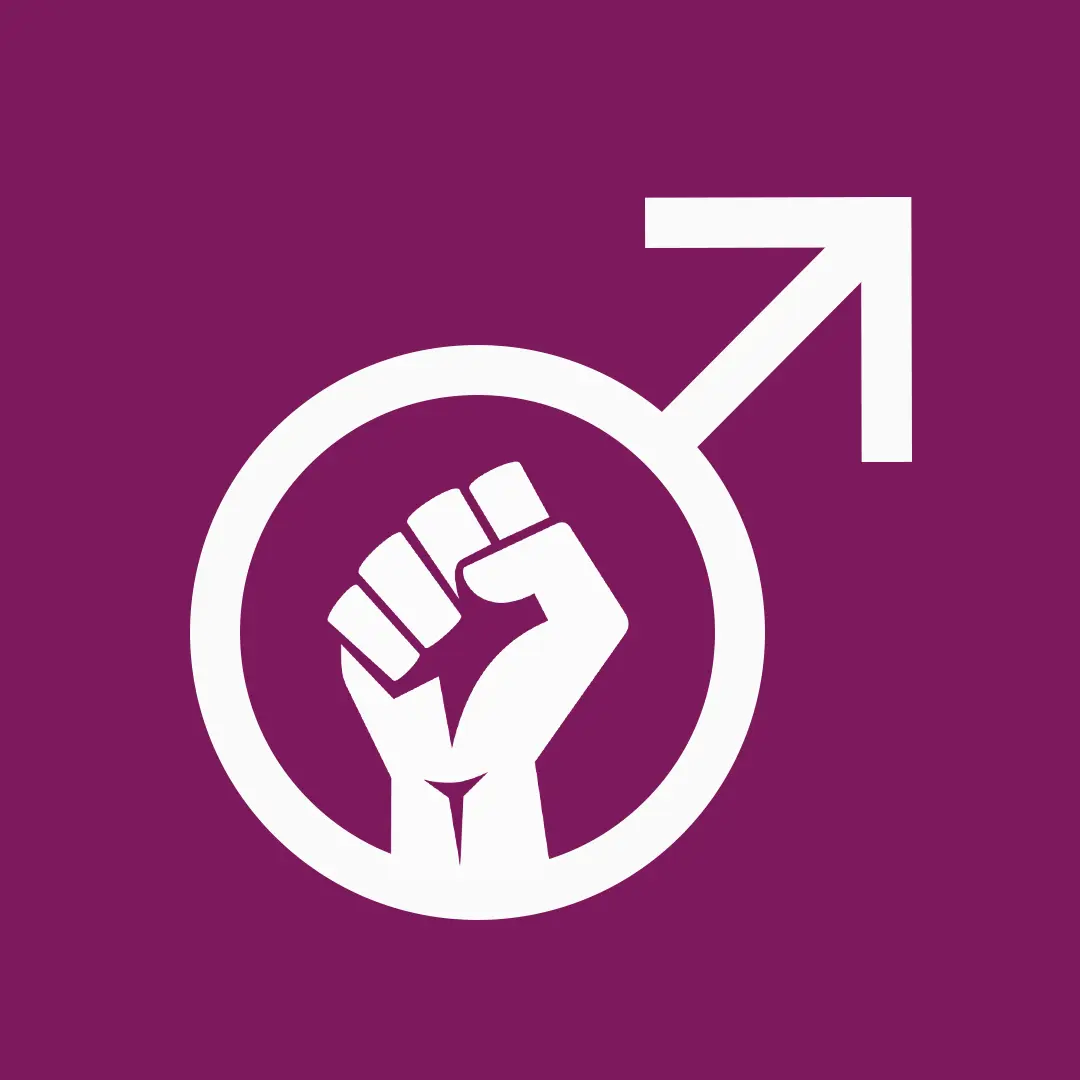I hadn’t heard about bulldog ants before and was incredulous about your statement, but damn, yeah, bulldog ants are wild
https://en.m.wikipedia.org/wiki/Myrmecia_(ant)#interaction with humans
I hadn’t heard about bulldog ants before and was incredulous about your statement, but damn, yeah, bulldog ants are wild
https://en.m.wikipedia.org/wiki/Myrmecia_(ant)#interaction with humans


and that she has seen it in the past
Damn, that’s just sad


I’m reminded of a clip that I’ve seen that originates on Tik Tok about a guy who says something similar to what you’re saying here, including a clip where the guy went and shouted at a neo-nazi to basically say “you’re not welcome here, fuck off”.
I found it interesting because he explained that this isn’t usually something he would do because he’s very much a voice against toxic masculinity and this means that generally he doesn’t want or need to take the role of the angry, scary man. In this instance though, of the many members of his community who were uncomfortable with a neo-Nazi spewing hate, this guy was best situated to challenge this. I found it especially interesting because there’s a particular kind of aggressiveness to it — like, obviously going up to someone and shouting at them is aggressive, but it was clear that this guy wasn’t going for a fight


I respect your approach. I bet you’re the kind of parent who apologises to their kids when you make mistakes
I always find it tricky to understand how tools all relate to each other in an ecosystem and this is a great example of why: the fact that Ansible can do this task, but Teraform would be better suggests that they are tools that have different purposes, but some overlap. What would you say is Ansible’s strong suit?


That sounds beautiful. You really captured the moment


I understand why you feel uncomfortable with the word “feminist”. I personally don’t believe that feminism is inherently anti-male, but I also can’t ignore the people whose behaviour doesn’t fit inside my definition of that term; to do otherwise would be doing the “No True Scotsman” fallacy. For me, identifying as a feminist means having to contend with that — that is to say that if I want feminism to account for the ways that men are fucked over by the patriarchy, then it’s important that I challenge hateful rhetoric in supposedly progressive spaces.


Thanks for this recommendation. Diverse perspectives are important in underscoring that the Israeli people are not a monolith, and that they are distinct from the state of Israel.
I often see people online speaking about Israelis as though all of them are in favour of the ongoing genocide, when this is simply not the case. That’s not to say that Netanyahu’s control of the media hasn’t led to a depressingly high proportion of Israelis to see themselves as righteous victims — years of state propaganda has unfortunately had an impact. However, there are journalists and activists (Jewish or otherwise) who are working to challenge this rhetoric.
I like the way one of my university textbooks frames the particle wave duality thing: “A single pure wave has a perfectly defined wavelength, and thus an exact energy, but has no position. […] [Whereas a classical particle] would have a perfectly defined position but no definable wavelength and thus an undefined energy” ([1][2])
I am currently in my bed. I have a lot to do today, but I’m not sure how much I will get done because I don’t know how much energy have. Thus I conclude you are right and that I am clearly a particle.
^([1]: Principles and Problems in Physical Chemistry for Biochemists, Price, Dwek, Radcliffe & Wormald, p282)
^([2]: I’m practicing being more diligent with citations, in hope that good habits will make it easier when referencing is actually important)
A big part of quantum mechanics is the fact that matter can show wave-like behaviour, which sort of breaks a bunch of “rules” that we have from classical physics. This only is relevant if we’re looking at stuff at a teensy tiny scale.
Someone else has already mentioned that electrons are a fair bit smaller than protons and neutrons (around 1840 times smaller) and this means they tend to have a smaller momentum than protons or neutrons, which means they have a larger wavelength, which was easier to measure experimentally. That’s likely why electrons were a part of this theory, because they’re small enough that they’re sort of a perfect way to study the idea of things that are both particle and wave, but also neither. In 1940, quantum mechanics and particle physics were super rapidly moving fields, where our knowledge hadn’t congealed much yet. What was clear was that electrons get up to some absolute nonsense behaviour that broke our understanding of how the world worked.
I like the results of some of the worked examples here: https://www.chemteam.info/Electrons/deBroglie-Equation.html , especially the one where they work out what the wavelength of a baseball would be (because that too, could theoretically act like a wave, it would just have an impossibly small wavelength)
TL;DR: electrons are smaller than protons/neutrons Smaller = larger wavelength Larger wavelength = easier to make experiments to see wave-like behaviour from the particle Therefore electrons were useful in figuring out how the heck a particle can have a wavelength and act like a wave


A++ for effort (at you, for this candid clarification)
Thanks for the recommendation, I’m always glad to discover new resources. I’m also forever cursing the fact that science degrees don’t put more emphasis on writing and speaking well.
My dude, I’m agreeing with you
Edit: effectively I was saying that I agree with you that there seems to be a particular kind of person who is overly contrarian, very loud and impossible to have productive discussions with.
I felt like the wheelchair example you picked was a great example of how this happens “in the wild”. I wanted to build on your comment by using that example to elaborate on how these contrarian types cause harm, even if they might seem to be concerned and well-intentioned. I found the wheelchair example to be a good one because it is actually something that I’ve seen happen multiple times.
I feel that your reply is an unfair characterisation of my comment. Given how the internet’s communication norms can prime us to read and respond to things in an overly adversarial manner (especially as it’s clear from your original comment that you’ve got way too much experience with silly argumentative types, so I sympathise), I am hoping that your response was based on a misinterpretation of my comment and/or me being insufficiently clear in what I originally wrote (apologies if so).


I’ll keep an eye out for one, but in the meantime, I’ll be more specific about what I mean about ignoring how science actually is.
One of the things I find most beautiful about science is how it thrives in uncertainty — great science is more likely to arise from a “huh, that’s strange…” than a big “Eureka” moment, not least of all because most breakthroughs involve large collaborations of researchers.
“Scientism” is the term usually used for the kind of thing that irks me. I’m realising now that I feel unequipped to properly explain that, so I’m going to point to a video I like on this matter by a cardiologist and science communicator I like: https://youtu.be/CVPy25wQ07k
I find “cis” useful, personally. I’m bisexual, so certainly “straight” isn’t applicable. In a lot of contexts I’d use “cis” to refer to myself, I suppose “not trans” would also work, but it’d be clunkier.
Plus, there are times when the thing I want to centre in my communication is the cisgender perspective that I have. For example, I was recently discussing with a friend that seeing trans friend’s gender euphoria improved my own relationship to my gender because it made me ask myself whether cis people could experience gender euphoria and if so, why couldn’t I recall any instances of experiencing it?
I feel like the term “cisgender” implicitly acknowledges that voices and experiences like mine are important in building a shared understanding of gender — i.e. trans people aren’t the only ones who have a gender. Like, obviously I can’t speak directly about trans experiences, but that doesn’t mean that I’m expected to shut up and contribute nothing to the wider conversation.
“teachers who interact with middle schoolers; our frontline troops facing the bleeding edge of internet memespeak.”
Reason number 201 why teachers are underpaid
Perchance is a great word though. I think I’d probably use it if I knew how to do so appropriately in a sentence (though I imagine only a fraction of people who do use that word use it properly. That tends to be the case with formal or archaic words used in informal contexts)
I do this too much. My defence is that I am a bad writer who’s working to be better.
I am someone who really likes the term for myself, because it can encompass a whole bunch of complex identities across gender and sexuality. It feels like it simplifies things for me, and has helped me to properly understand the necessity of LGBTQ solidarity. There have been times when I have been told it’s inappropriate for me to personally identify as queer because some people find the term offensive, which I find absurd because such a large and heterogeneous community will never be unanimous on what terms or labels to use.
However, much more frequently than that, I have seen people being insensitive to the reality that there are a ton of people who have pretty legitimate beef with the term and who don’t want it applied to them. I’m talking about situations like “queer folk like us <gestures at the entire room>” or “the queer community”. It’s a pretty reasonable request if someone says “hey, if you’re referring to a group that involves me, I’d prefer you not use queer as a blanket term”. The appropriate response to that is “I’m sorry, my bad”, but I have seen way too many people start arguments that actually the (usually but certainly not always) older gay men are obstacles to Progress.
I like the way that a friend of mine framed it when he said that he’s actively jazzed to see a word that did such harm being reclaimed by a new generation who are finding great power and solidarity in it. But that’s never going to erase the sting he still feels when remembering being victimised for years by people who’d shout that word. “You can’t reclaim a slur if you ignore all its history and disown the members of your community who experienced it as a slur”.
It boggles my mind that there are people who are heavy advocates of the power of self determination of one’s identity, but who don’t see the issue in forcing the label of “queer” onto individuals who have expressly rejected it.
Thanks for this breakdown, I can see why people are protesting. The situation is fucked